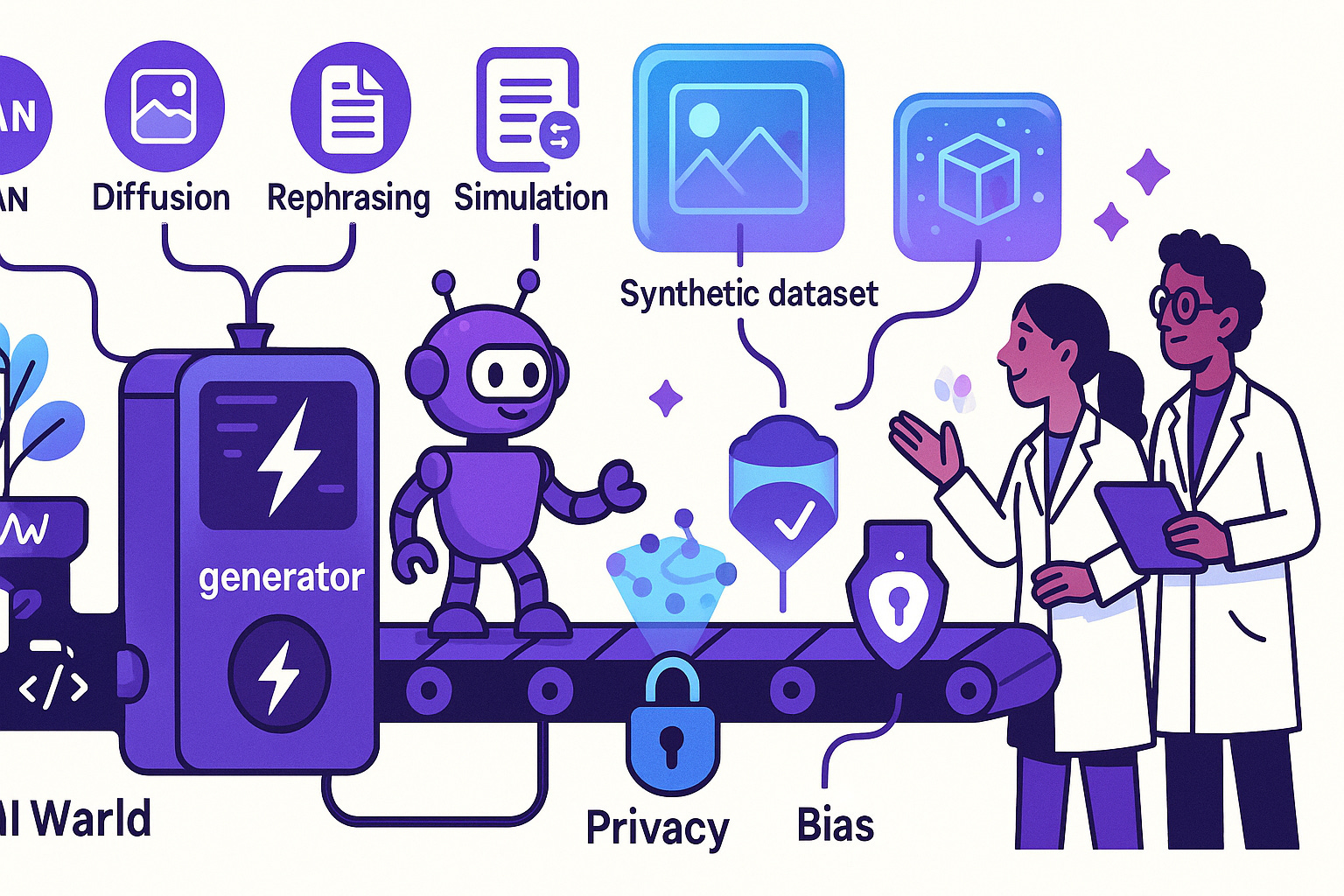VLM6D: VLM based 6Dof Pose Estimation based on RGB-D Images
PositiveArtificial Intelligence
VLM6D is a groundbreaking approach to 6D pose estimation that combines visual and geometric data from RGB-D images. This innovative dual-stream architecture aims to overcome the challenges faced by existing methods, particularly in real-world scenarios where lighting and occlusions can hinder performance. By improving the accuracy and robustness of pose estimation, VLM6D has the potential to significantly enhance applications in robotics, augmented reality, and autonomous systems, making it a noteworthy advancement in the field of computer vision.
— Curated by the World Pulse Now AI Editorial System


